Responsible dog ownership requires a blend of love, commitment, and understanding. Embracing these habits ensures your canine companion’s happiness and well-being, fostering a bond that strengthens over time.
From providing proper nutrition to understanding your dog’s needs, each action contributes to a fulfilling relationship. Discover the essential habits that define truly responsible dog owners.
1. Regular Veterinary Visits
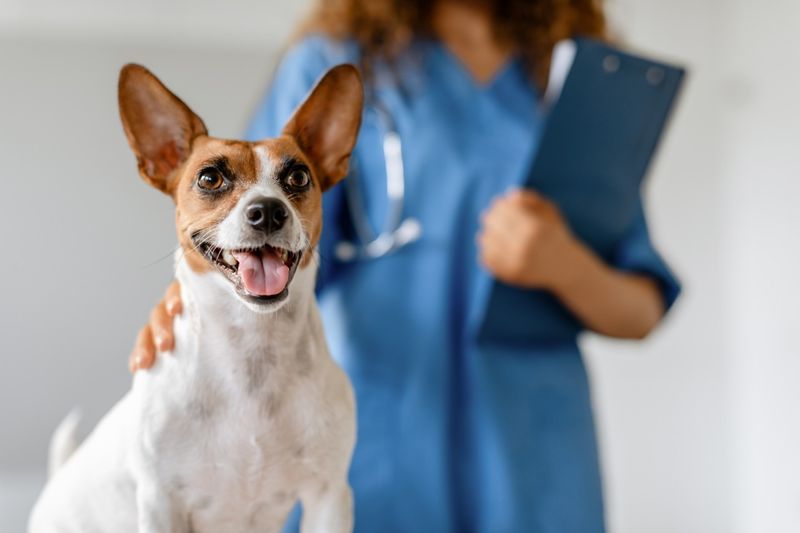
Ensuring your dog receives regular veterinary visits is crucial for maintaining their health. Annual check-ups allow for early detection of potential issues and keep vaccinations up-to-date. Your vet is your best ally in understanding your dog’s health needs, from dental care to nutrition.
Building a relationship with your veterinarian helps in creating a personalized care plan. It’s essential not only for emergencies but for ongoing health management. Regular visits can prevent serious health problems down the line.
A responsible dog owner knows that proactive health care is a cornerstone of their pet’s well-being. The comfort of knowing your dog is in good health contributes to peace of mind, allowing you to enjoy more quality time together. Make veterinary visits a priority, not just a necessity.
2. Balanced Nutrition
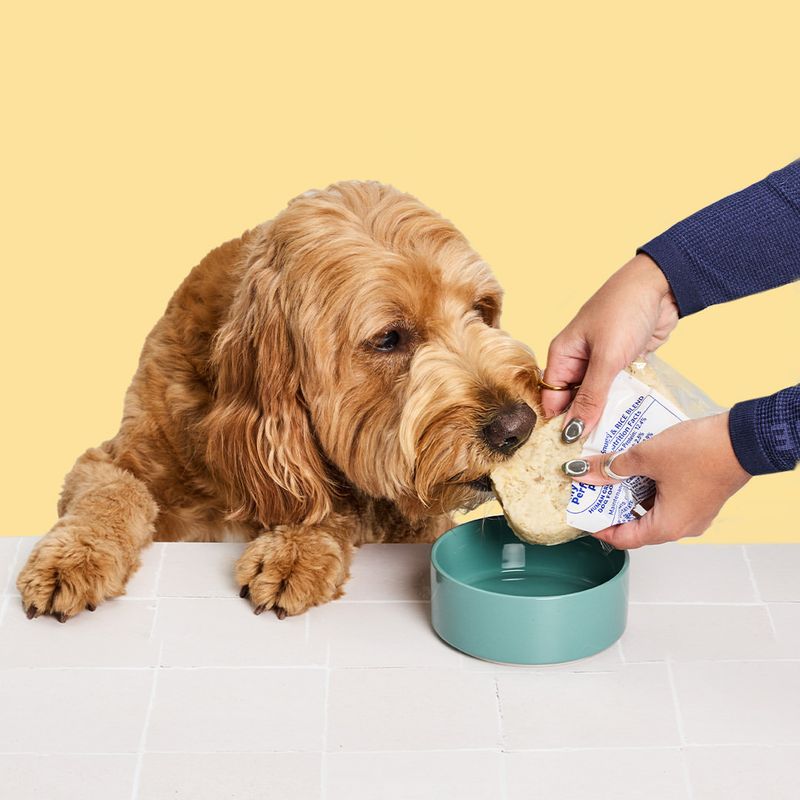
Providing balanced nutrition is a fundamental aspect of responsible dog ownership. It begins with understanding the dietary needs specific to your dog’s breed, age, and health condition.
High-quality dog food ensures they get the necessary nutrients to thrive. Incorporating fresh fruits and vegetables can enhance their diet. Always consult with your veterinarian to tailor a diet suited to your dog’s needs.
Avoid feeding them table scraps or foods that are harmful to dogs. Meal times can also become bonding moments. Establish a routine that caters to their feeding schedule. Observing how your dog responds to their diet can provide insights into their health and happiness. A well-fed dog is a healthy and content companion.
3. Regular Exercising
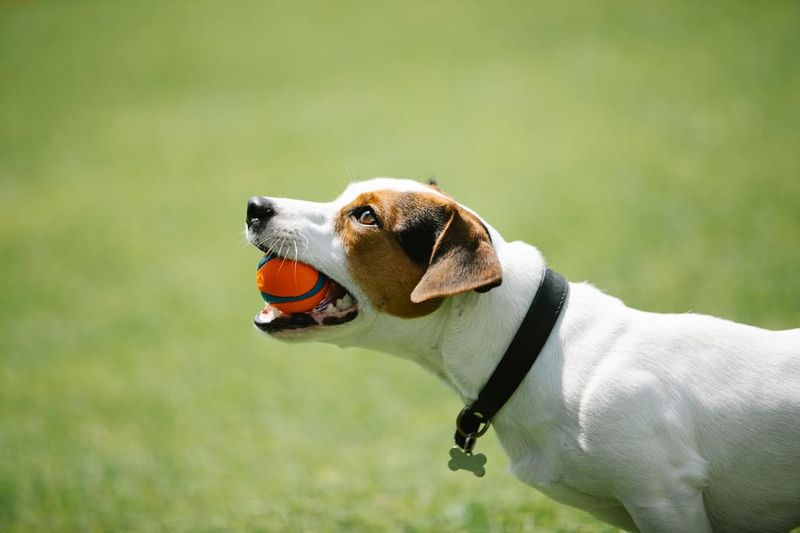
Exercise is vital for a dog’s physical and mental health. It doesn’t only mean going for walks; engaging in playtime and mental stimulation activities are equally important.
Dogs, much like humans, need regular exercise to stay fit and happy. Finding activities that both you and your dog enjoy can make exercise feel less like a chore and more like quality time spent together. Whether it’s a game of fetch or a hike in the woods, the options are endless.
Consistency in exercise routines helps in managing a dog’s weight and energy levels. It also strengthens the bond between you and your furry friend. Keeping your dog active is a sign of a responsible owner, fostering a thriving and joyful life.
4. Training And Socialization
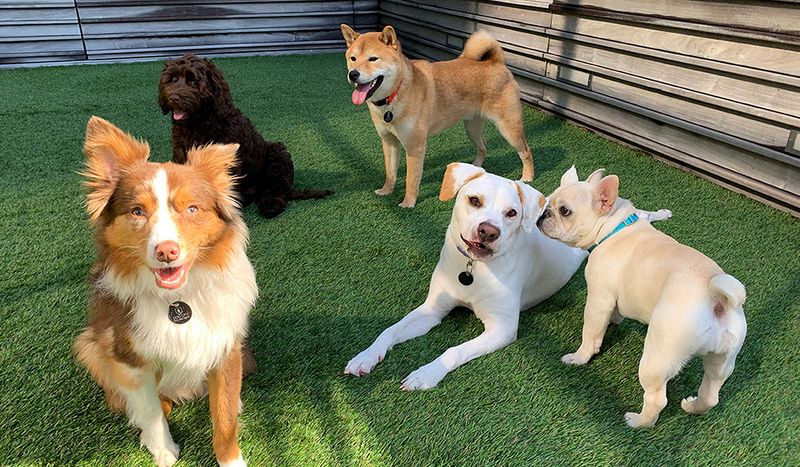
Training and socialization form the bedrock of a well-behaved dog. Beginning training early in a dog’s life helps instill good behavior and manners. Socializing them with other dogs and people reduces anxiety and builds confidence.
Positive reinforcement is key to effective training. Rewarding good behavior encourages learning and strengthens your relationship. Socialization also involves exposing your dog to various environments and experiences.
Persistent training, even with older dogs, ensures they remain well-mannered and adaptable. A responsible owner invests time and effort into training and socialization, benefiting both dog and owner with a harmonious living environment.
5. Grooming Routine
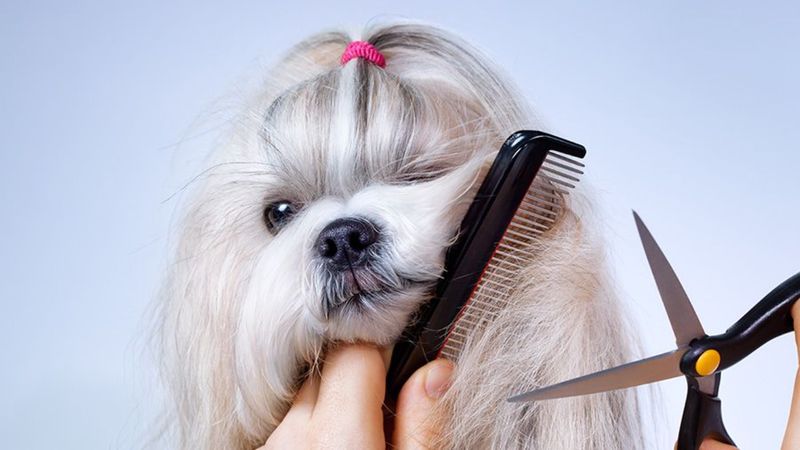
A consistent grooming routine is essential for your dog’s health and happiness. Regular grooming sessions help maintain a clean coat and skin, prevent matting, and reduce shedding. It also provides an opportunity to check for any abnormalities on their skin.
Grooming is not just about appearance; it’s a health necessity. Regular baths, nail trims, and ear cleaning are part of a comprehensive grooming routine. Each breed may have specific grooming needs that should be adhered to. Besides, irregular grooming isn’t the only thing you can do wrong. There are bad grooming habits that you should know about, too.
Beyond the physical benefits, grooming is a bonding activity. It allows you to spend quality one-on-one time with your pet, strengthening your relationship. A well-groomed dog is not only a joy to behold but also feels more comfortable in their skin.
6. Safe And Comfortable Living Environment

Creating a safe and comfortable living environment is a priority for any responsible dog owner. This includes providing a designated space where your dog can feel secure and relaxed. A comfortable bed, clean water, and toys are basic requirements that contribute to a happy home.
Safety is equally important. Ensure that your home is free from hazards such as toxic plants, small objects that can be swallowed, or sharp edges. Regular checks around the house can prevent accidents. A loving home extends beyond the physical environment.
Emotional security is vital, too. A calm and nurturing atmosphere helps in reducing stress and anxiety in dogs, making them feel as much a part of the family as anyone else.
7. Understanding Canine Body Language

Understanding canine body language enhances communication between you and your dog. Recognizing signs of stress, happiness, or fear allows you to respond appropriately. It’s a skill that requires observation and practice. Dogs use body language to express themselves.
Tail wagging, ear positions, and facial expressions are indicators of their emotional state. Being attentive helps in preventing misunderstandings and nurturing trust. By tuning into your dog’s non-verbal cues, you can better cater to their needs.
This understanding fosters a deeper connection and enhances your ability to keep them safe. Responsible dog owners make the effort to learn and interpret these signals effectively.
8. Emotional Support And Affection

Providing emotional support and affection is a core responsibility of a dog owner. Dogs are social animals that thrive on interaction and companionship. Regularly spending quality time with them fosters feelings of love and belonging. Affection can be shown through petting, talking to them, or simply spending time together.
It’s crucial to understand that each dog has unique preferences for receiving affection. Offering emotional support helps in building trust and security. A dog that feels loved and valued is more likely to exhibit positive behavior. Through nurturing their emotional needs, you contribute to their overall happiness and well-being.
9. Consistency In Rules And Boundaries
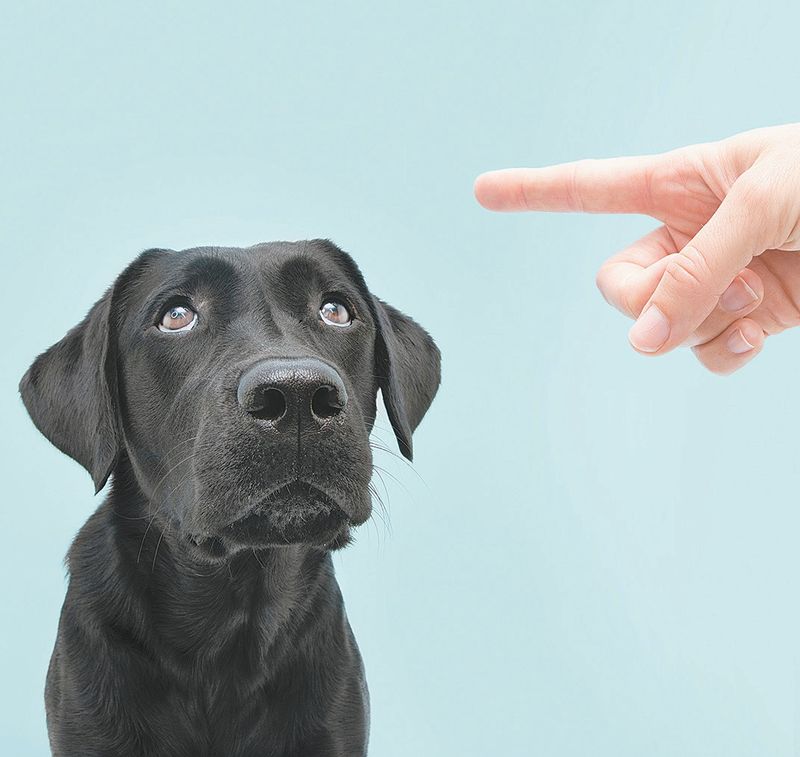
Setting and maintaining consistent rules and boundaries ensures a harmonious cohabitation. Dogs thrive on routine and predictability, which helps them understand expectations and reduces behavioral issues. Establishing boundaries doesn’t mean being strict; it’s about clarity and fairness.
Enforcing rules consistently helps in developing self-discipline and respect in dogs. It creates an environment where they feel secure and understood. Involving all family members in maintaining these boundaries ensures uniformity.
A collective approach like this prevents confusion and reinforces positive behavior. A responsible dog owner prioritizes consistency, leading to a well-adjusted and happy pet.
10. Proper Identification
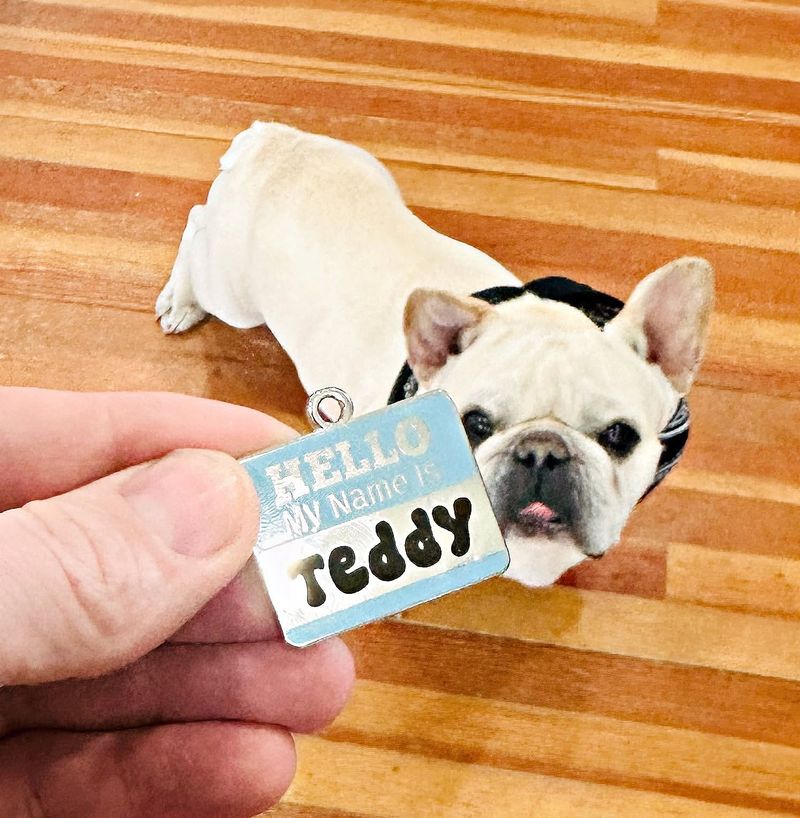
Proper identification is a critical measure to ensure your dog’s safety. This includes having an ID tag with contact information and considering microchipping. In cases of loss, proper identification significantly increases the chances of a safe return.
The ID tag should include your phone number and any relevant details. Microchipping is a more permanent solution, providing a unique identification number stored in a registry. Regularly checking and updating your dog’s identification information is essential.
11. Commitment To A Lifelong Relationship
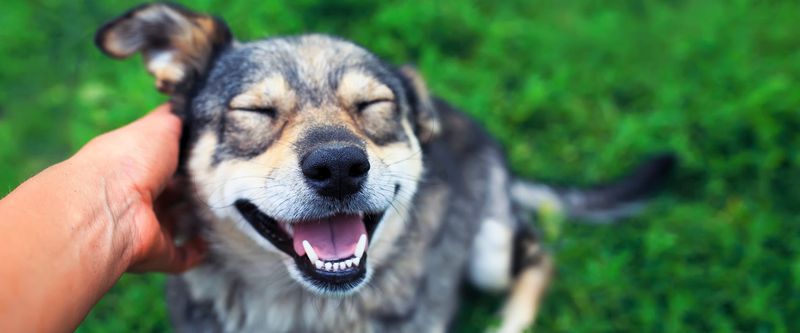
Committing to a lifelong relationship with your dog means being there through joys and challenges. Dogs are not temporary companions; they require dedication and love throughout their lives. Being prepared for the changes that come with aging, such as health issues or reduced mobility, reflects true responsibility.
It involves planning for their future needs and ensuring they receive appropriate care at every stage. This commitment cultivates a fulfilling and enriching relationship. A responsible dog owner cherishes every moment, knowing that the bond with their dog is a lifelong journey filled with love and loyalty.

